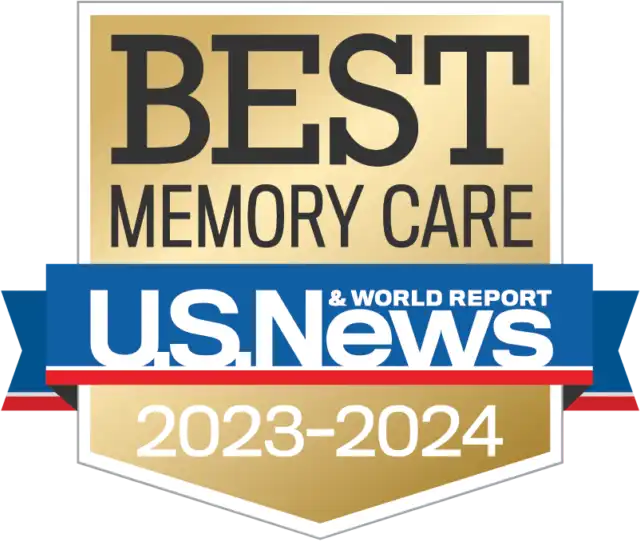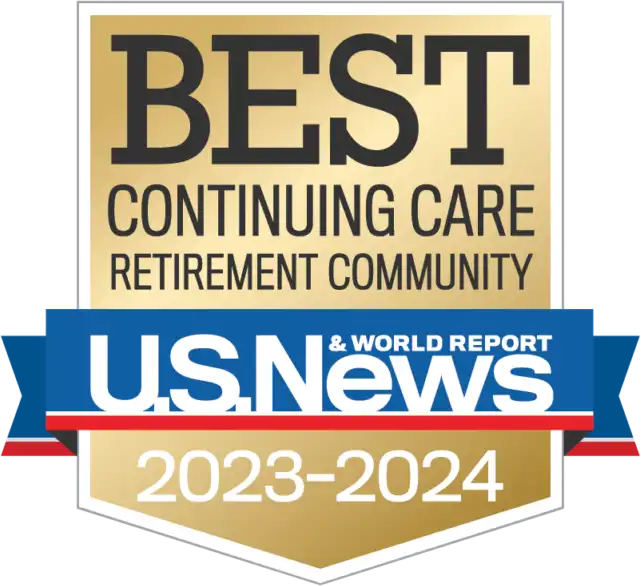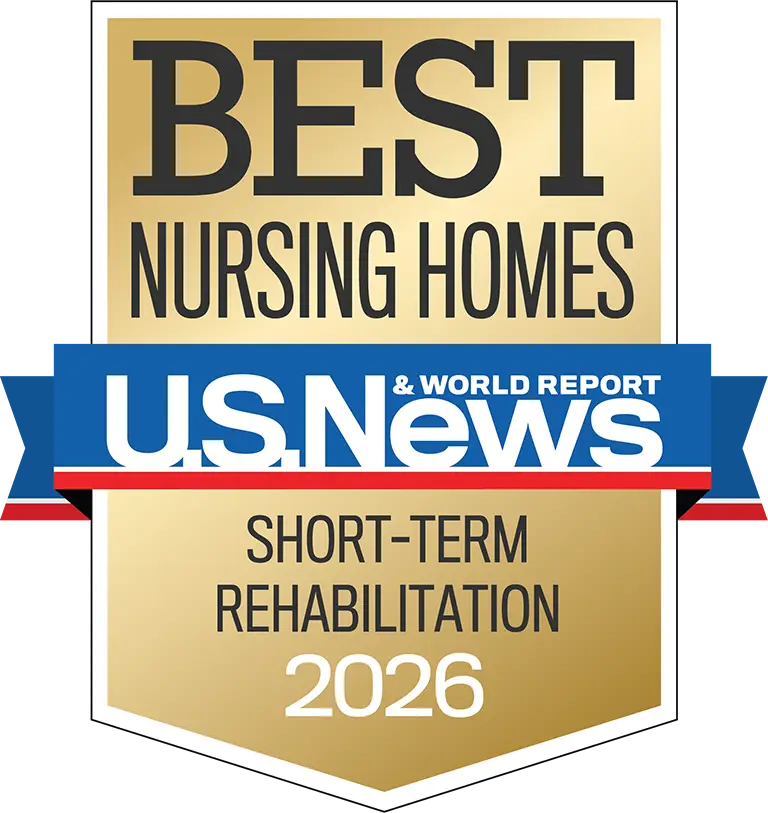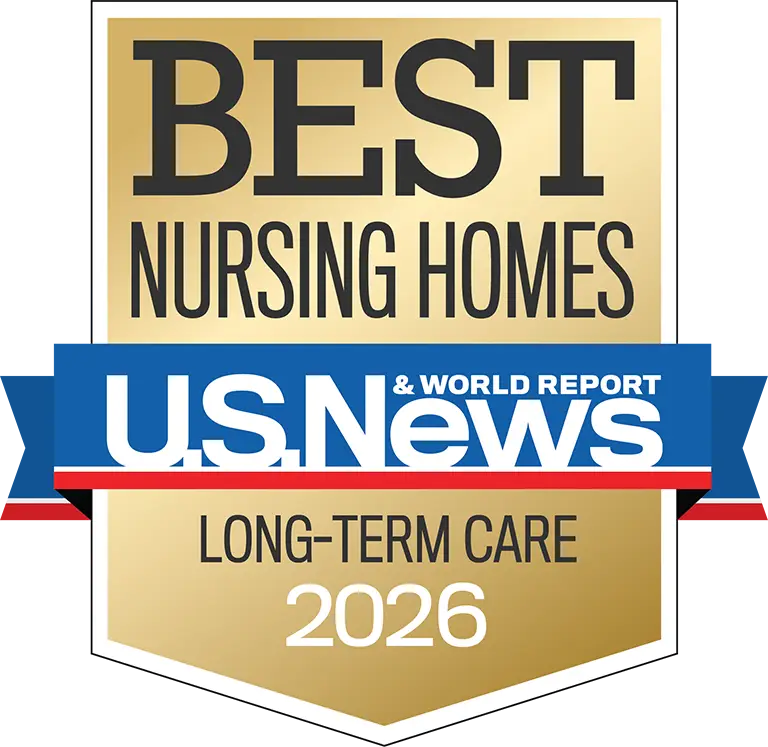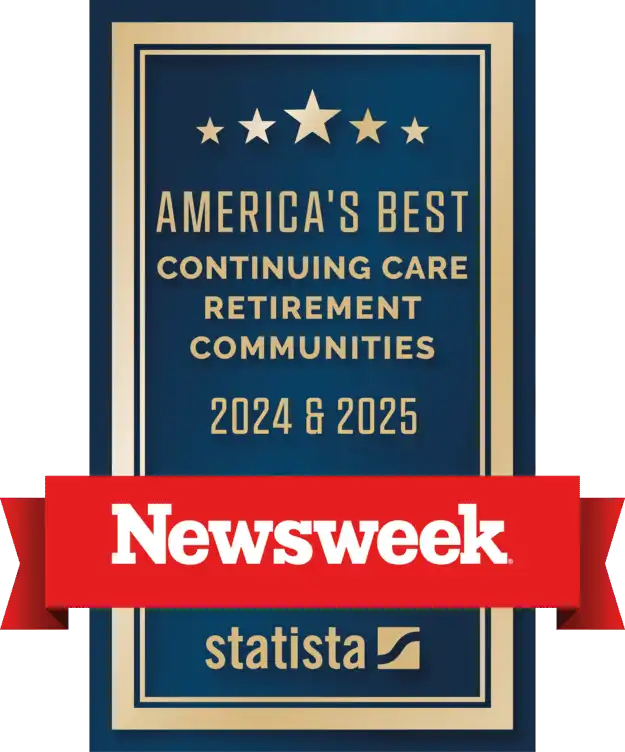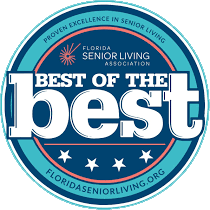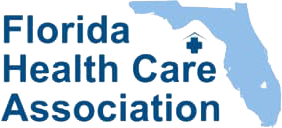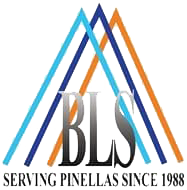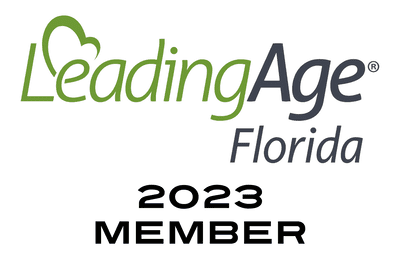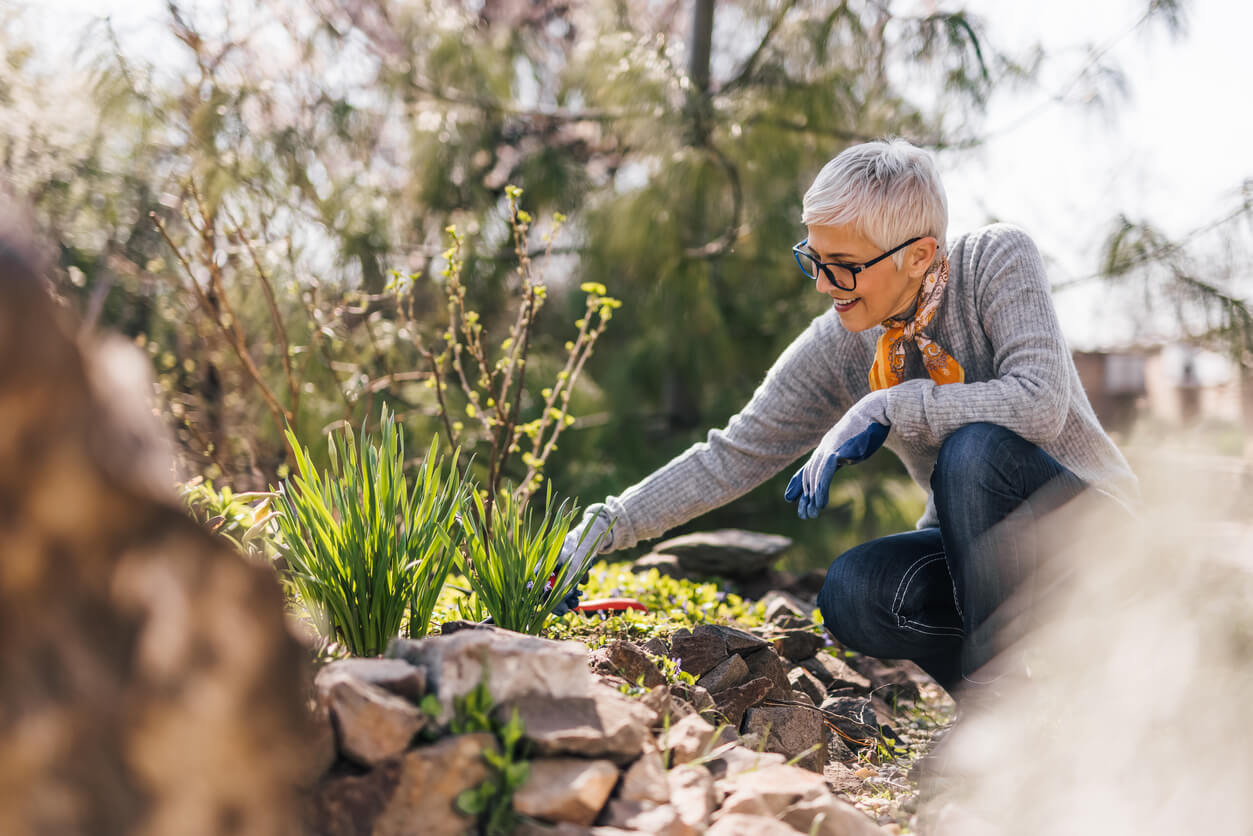
As any gardener will tell you, there’s just something about digging in the dirt that can transform your mood as well as your entire day. In fact, studies show watering, weeding, planting, and other aspects of horticulture therapy can have a major positive impact on depression in older adults.
At St. Mark Village, it’s about more than developing a green thumb. It’s how trained therapists can assist residents in achieving goals linked to their specific needs, and it’s understanding how nature ties in with the 7 dimensions of wellness that make up our overall Wellness Matters program.
Ready to get some dirt under your fingernails? It’s good for you!
Depression in older adults: a problem that’s far too common
Despite what many think, depression is not a normal part of aging. But it can be a serious problem. Depression in older adults can increase the risk of serious medical conditions, such as stroke or cancer. It can lead to sleep problems, social isolation, lack of physical activities, stress, substance abuse, and more. That’s why it’s so important for a senior to find ongoing activities or therapies that they can continue to benefit from, such as horticulture therapy.
How horticulture therapy counteracts depression in older adults
Planting seeds, weeding, handling dirt, harvesting flowers and fruit, and otherwise engaging in gardening activities offers many positive benefits that reduce the likelihood of depression in older adults. These include:
- Relaxation, less stress, and fewer negative emotions.
- A sense of accomplishment and satisfaction that comes from taking care of plants and sharing the experience with others.
- Expanded opportunities for socialization, companionship, and a sense of community.
- The opportunity to solve problems, which reduces the sense of isolation and the risk of cognitive impairment, resulting in enhanced mental health.
In addition, working with plants provides physical activity, enhances metabolism, decreases blood pressure and increases an overall sense of vitality by stimulating all the senses.
Download our free guide,
Just The Facts: Your Guide to Independent Living.
It all starts with the dirt
Jack might have found some magic beans in a favorite fairy tale, but it really was the dirt that was magical. Just getting your hands dirty in the garden can increase the level of serotonin in your brain—and that increases feelings of calmness and peace, putting you in a good mood.
According to Cleveland Clinic, serotonin is a chemical that carries messages between nerve cells in the brain and throughout your body. This important chemical plays a key role in such body functions as mood, sleep, digestion, nausea, wound healing, bone health, blood clotting and sexual desire. Serotonin levels that are too low or too high can cause physical and psychological health problems.
Studies have shown that certain bacteria in soil act as a natural anti-depressant, combating depression in older adults and strengthening their immune system.
Connecting with nature is just one aspect of wellness at St. Mark Village
In our beautiful community in Palm Harbor, residents have ample opportunities to get outdoors and enjoy the balm of nature—and get their hands in the dirt!
Our lovely, landscaped courtyard offers a perfect respite for quiet meditation and enjoyment. There’s also a special Resident’s Garden in an atrium setting where families and guests can spend time with residents enjoying sunshine and fresh air.
And for those who’ve discovered the joy of gardening, our new greenhouse offers a hands-on opportunity to plan, plant, grow, and harvest a variety of flowers and plants.
At St. Mark Village, our Wellness Matters program focuses on the whole person. We incorporate all aspects of wellness: environmental, physical, social, intellectual, vocational, emotional and spiritual. Our wellness professionals work with residents to create and implement customized wellness plans to achieve their wellness goals.
We invite you to take a tour and see what’s “blooming” in our community!
A focus on total wellness with seamless access to future care options. Download our free guide, Just The Facts: Your Guide to Independent Living. Or contact us. We’d love to hear from you.


